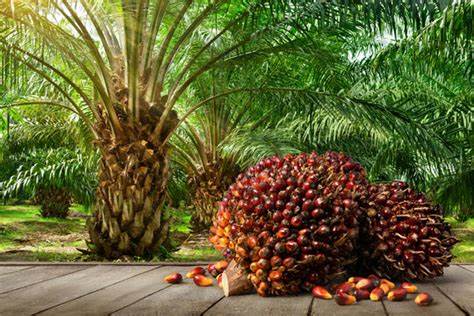Guwahati, April 3: In a major policy shift, the Central government has approved the inclusion of Assam’s tea estates under the “National Mission on Edible Oils – Oil Palm” (NMEO-OP), allowing them to cultivate oil palm trees up to 5% of their land.
This decision follows an appeal by the North Eastern Tea Association (NETA) to extend the scheme to tea gardens, citing economic sustainability and diversification needs.
The Ministry of Agriculture & Farmers Welfare formally conveyed its approval to the Assam Directorate of Agriculture on April 1, 2025. NETA, which had written to both the Central and state governments on February 4, 2025, welcomed the move, stating that it would help tea estates utilize underused land for cash crops without disrupting tea production.
NETA adviser Bidyananda Barkakoty highlighted that oil palm cultivation demands a high initial investment for planting, irrigation, and maintenance, especially during the non-harvesting period of the first four years. Due to land classification restrictions, tea estates in Assam were previously ineligible for NMEO-OP benefits. However, with policy amendments, tea estates can now access financial and technical assistance under the scheme, which includes subsidized planting materials and maintenance support, drip irrigation and borewell installation, land clearance and bio-fencing assistance harvesting tools and intercropping inputs.

NETA’s in-house study confirmed that tea and oil palm trees can be cultivated together without affecting tea production. Additionally, incorporating agarwood, oil palm, and other cash crops into 5% of tea garden land could help the struggling tea industry stay economically viable.
The Assam government had already paved the way for such diversification with a Gazette Notification on October 14, 2022, permitting 5% of the total tea garden land to be used for cash crops. Further, the Assam Cabinet on January 10, 2025, officially classified oil palm as a cash crop, strengthening the case for its cultivation.
Meanwhile, the West Bengal government has gone a step further, allowing 15% of tea estate land for alternative uses through a Gazette Notification on February 11, 2025.
India is the world’s largest importer of edible oils, heavily reliant on overseas supplies to meet domestic demand. The NMEO-OP aims to boost oilseed production, reduce import dependency, and enhance edible oil availability in the country. With Assam’s tea gardens now included, the move is expected to contribute to national self-sufficiency in edible oil production while providing tea estates with an alternative revenue stream.
With government-backed financial support and policy amendments in place, Assam’s tea estates are now poised to embrace agriculture diversification, ensuring both economic resilience and a step forward in India’s edible oil self-reliance.




